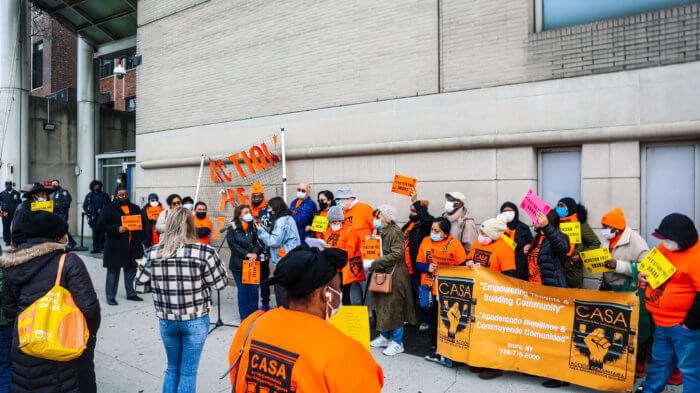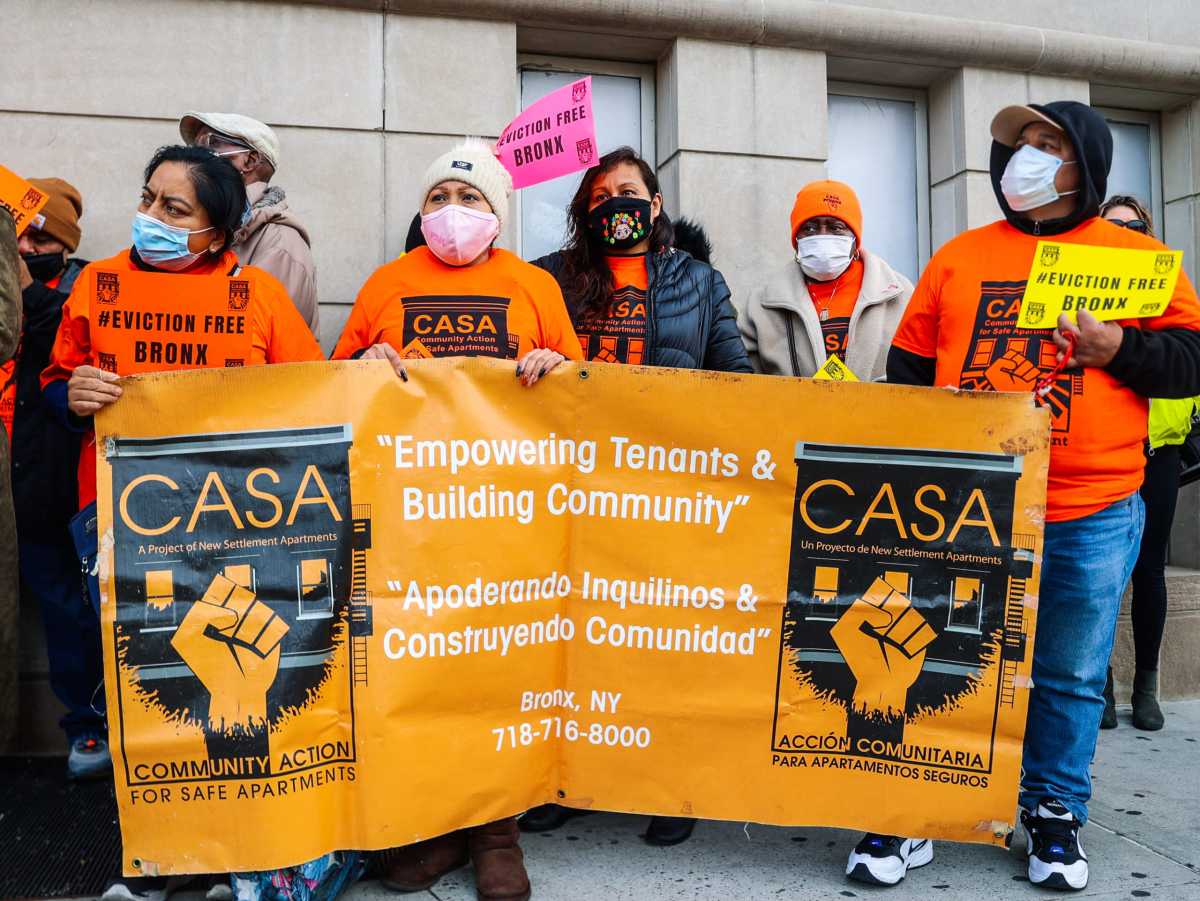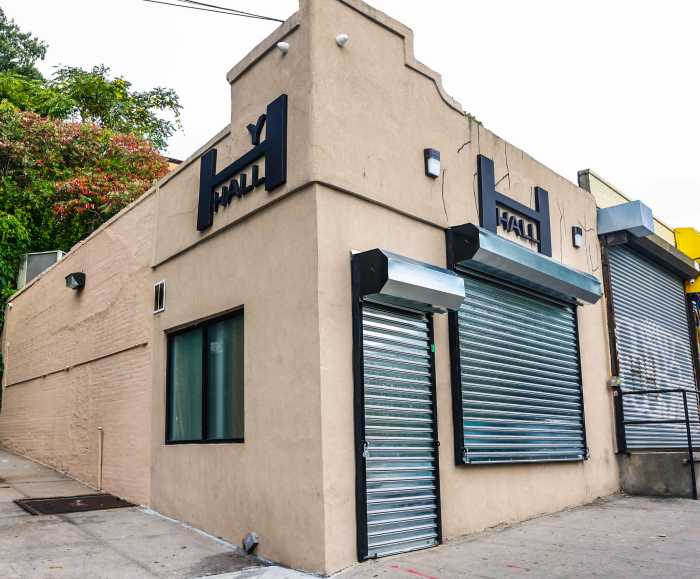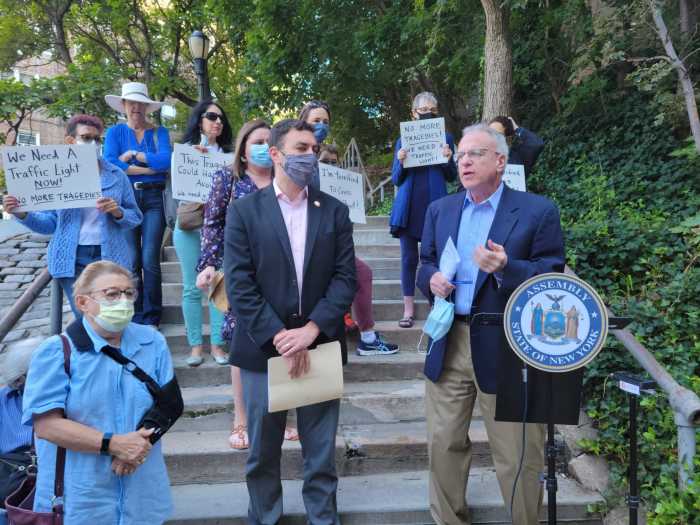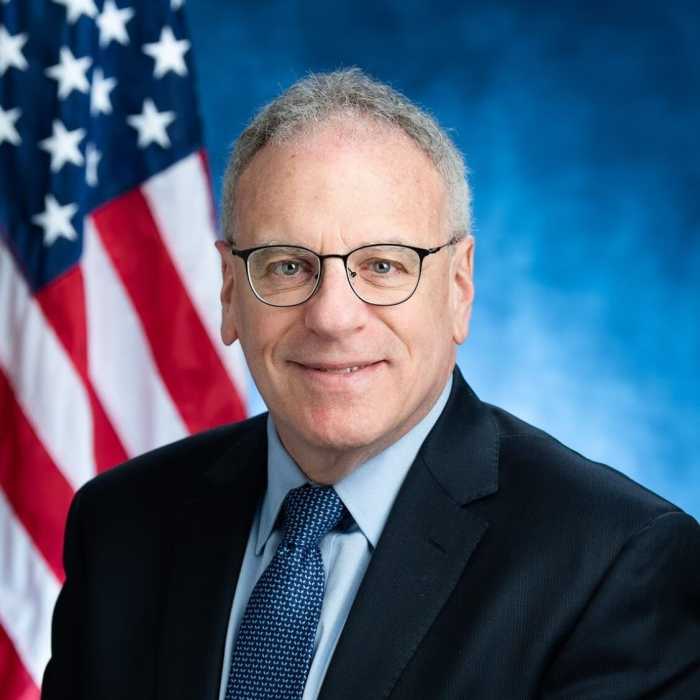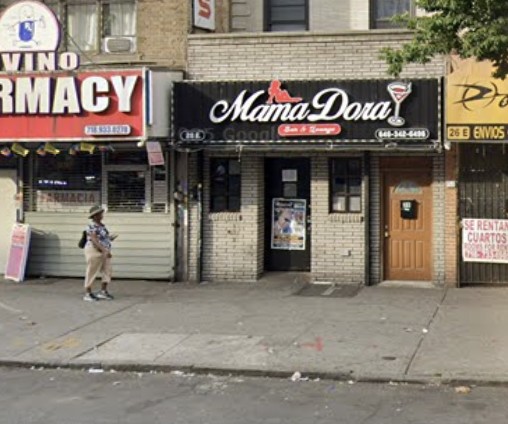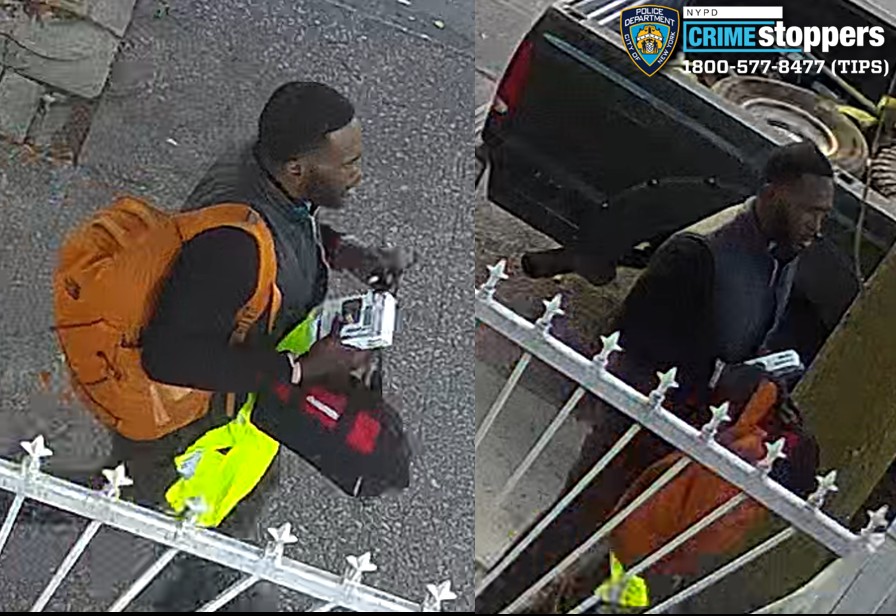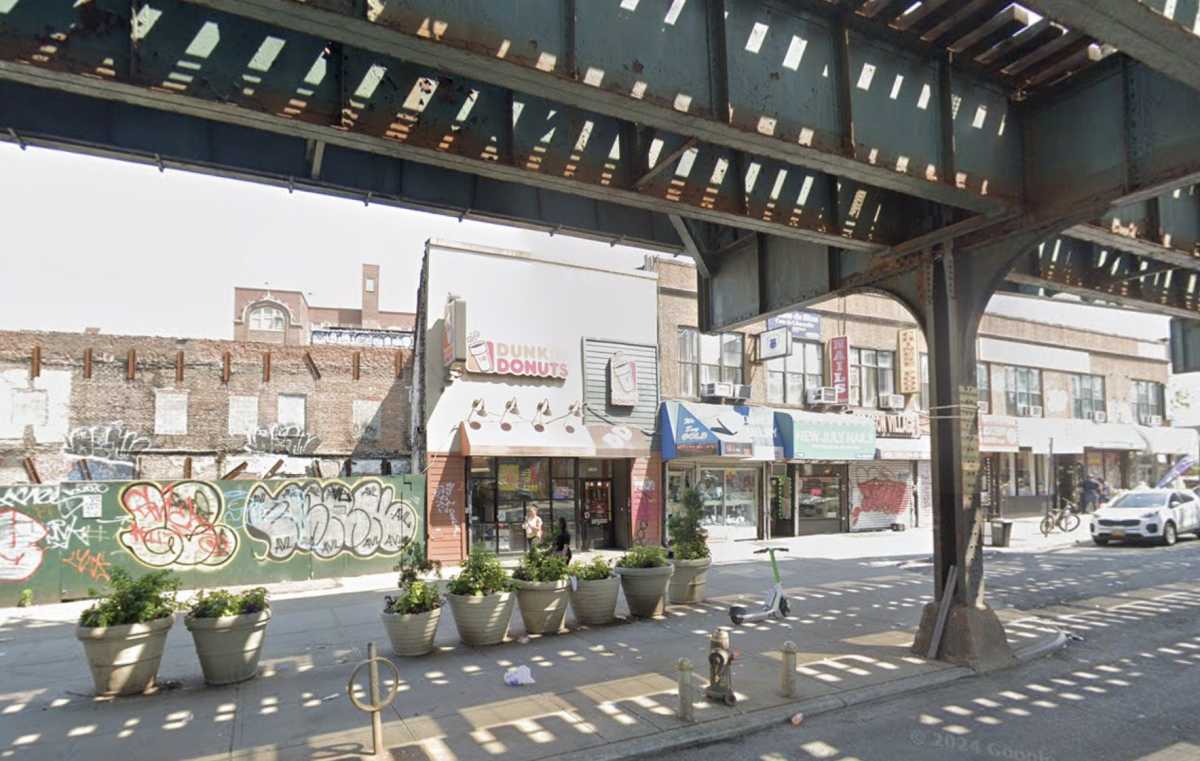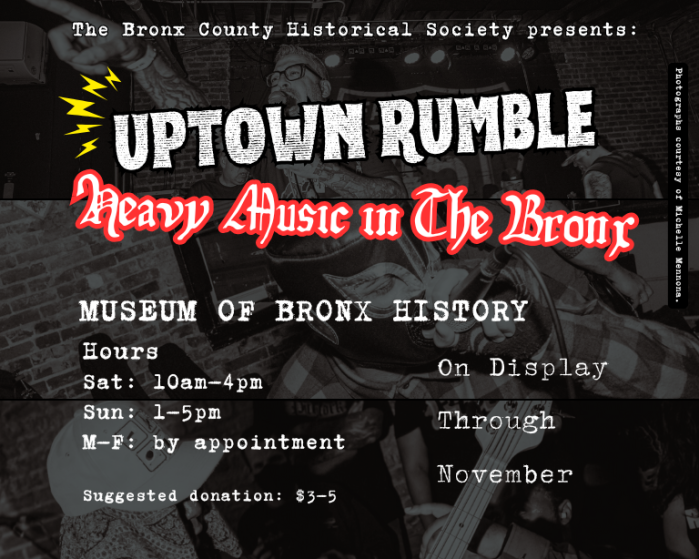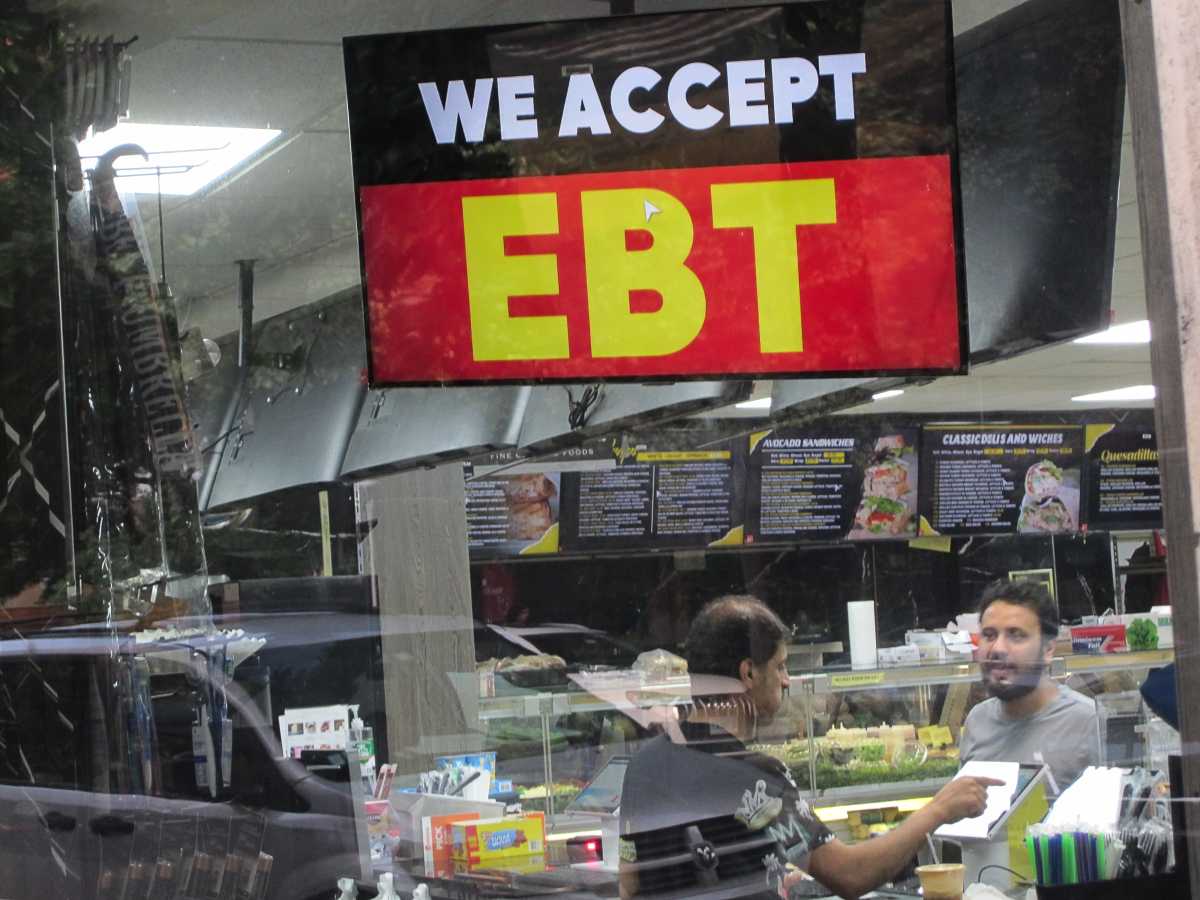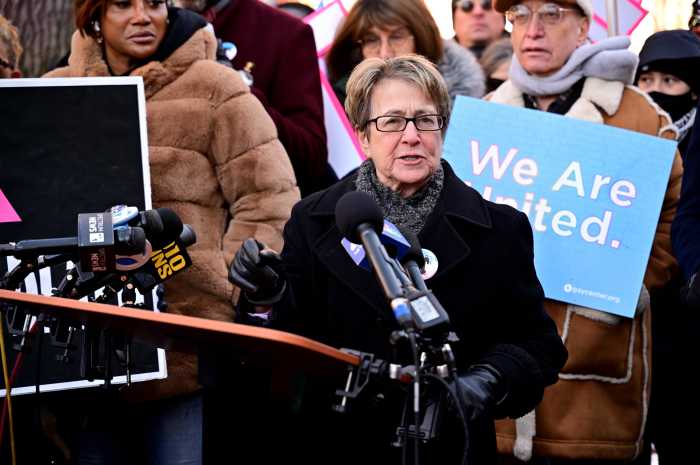With 40% of New York state’s eviction cases that were put on hold because of COVID-19 involving Bronx tenants before the eviction moratorium expired on Jan. 15, there is concern that the housing courts will soon be flooded and many residents could become homeless.
At a press briefing on Tuesday, Jan. 12, Gov. Kathy Hochul, a Democrat, announced what had been expected for weeks — that she didn’t plan to extend the statewide ban on evictions that had been in place since late 2020.
Rigaud Noel, executive director of the nonprofit Bronx New Settlement, told the Bronx Times a big reason many people are still struggling is the lack of Emergency Rental Assistance Program (ERAP) monies received. ERAP was designed to provide pandemic rental aid and temporary protection from eviction. New York began taking ERAP applications June 1, 2021, and applicants are asked to attest that on or after March 13, 2020, a member of the household received unemployment benefits or experienced a reduction in household income, incurred significant costs or experienced other financial hardship, directly or indirectly, due to the COVID-19 pandemic.
The portal initially closed for New York in November 2021 because the $2.4 billion in federal relief fueling the program had run out. In December 2021, the Legal Aid Society filed a lawsuit, and on Jan. 11, ERAP reopened as the U.S. Treasury approved $27 million in additional relief funds for the program — Hochul had requested $996 million for the state.
Jim Urso, a spokesman for Hochul, said more than $2 billion in rent relief has been paid or obligated, including more than 100,000 payments to landlords totaling roughly $1.25 billion.
“Governor Hochul is committed to addressing housing issues, both immediate and systemic, during the 2022 legislative session,” Urso said. “From day one, the governor has prioritized helping tenants and landlords suffering economic hardship wrought by the pandemic — paying or obligating more than $2 billion in federal rent relief funding, making $100 million in rent supplements available for localities to distribute to those experiencing or on the brink of homelessness, and investing $25 million for free legal services for tenants in underserved counties outside of New York City.”
According to Noel, $2 billion more is needed to adequately fund ERAP for New Yorkers, the state must find this money and extend the moratorium until June. With an 11.2% unemployment rate before COVID-19, Bronxites need help, Noel said.
“That’s part of the issue, people aren’t getting what they need,” he said. “I think it is a mistake to let the eviction moratorium expire as the amount of people that could eventually be evicted in the city is so high.”
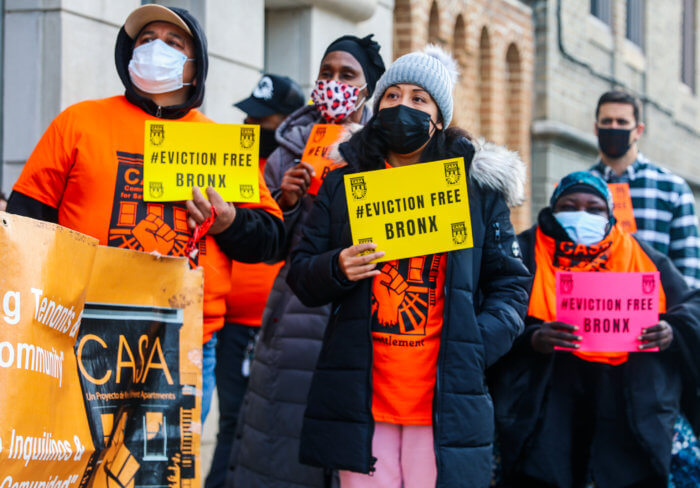
Not only will the pending 225,000 eviction cases in New York state now start to work their way into court, but it is unclear how many additional cases were filed following the Jan. 15. expiration date.
There is also fear that many landlords will tell tenants to leave without them knowing their rights that they can’t be evicted without going to court.
“It’s too early for us to pull the floor from underneath folks,” said Noel about the expiration of the eviction moratorium. “Our community members are worried and scared.”
Democrat state Assemblyman Jeffrey Dinowitz, a Democrat, wrote the COVID-19 Emergency Eviction & Foreclosure Act in December 2020, which suspended eviction and foreclosure proceedings and gave renters and homeowners the opportunity to submit a hardship declaration. The bill was extended in February, June and September of 2021.
Dinowitz, like Noel, thinks the moratorium should have been extended again. In his district of the northwest Bronx many people are hurting financially and now that the moratorium has expired, who knows how many more will be affected, he said.
“We have to protect residents from being kicked out on the streets,” Dinowitz said.
While Dinowitz never thought the moratorium would last this long, COVID-19 has continued to wreak havoc on New York City, forcing many to lose their jobs. The lawmaker said he was not surprised there was such a high number of eviction filings for the Bronx, which is all more of a reason to have extended the moratorium.
City Councilwoman Pierina Sanchez, a progressive who represents the 14th District in the west Bronx, has seen her constituents struggle before the pandemic and are now hurting even more. Sanchez told the Bronx Times that NYC has had more than 81,000 evictions filed during COVID-19 and nearly a half a million people owe arrears.
These numbers did not happen overnight, she said. According to Sanchez, prior to the pandemic, there was a deep inequality in increasing housing prices, household income was stagnant and 70% of the homes in the Bronx were one income setback away from eviction.
“COVID was that income shock for a lot of households,” she said.
The councilwoman said there not only needs to be enough ERAP money available, but residents must know landlords cannot directly evict them, cannot change their locks without their permission and harassment by landlords is illegal.
“Getting a notice from a landlord means nothing,” she said. “No one can take you out of your home except the court. Getting the court date is not the same as eviction. Do not panic. It’s just a court paper.”
Marble Hill resident Hazel Albertorio, who has yet to receive any ERAP funding, said while she is only a couple months behind on rent, she has a friend whose landlord has been sending her eviction letters for months.
“A lot of people don’t know the law,” she said. “I’m scared for myself because I’ll probably end up going to court.”
Reach Jason Cohen at jcohen@schnepsmedia.com or (718) 260-4598. For more coverage, follow us on Twitter, Facebook and Instagram @bronxtimes.
